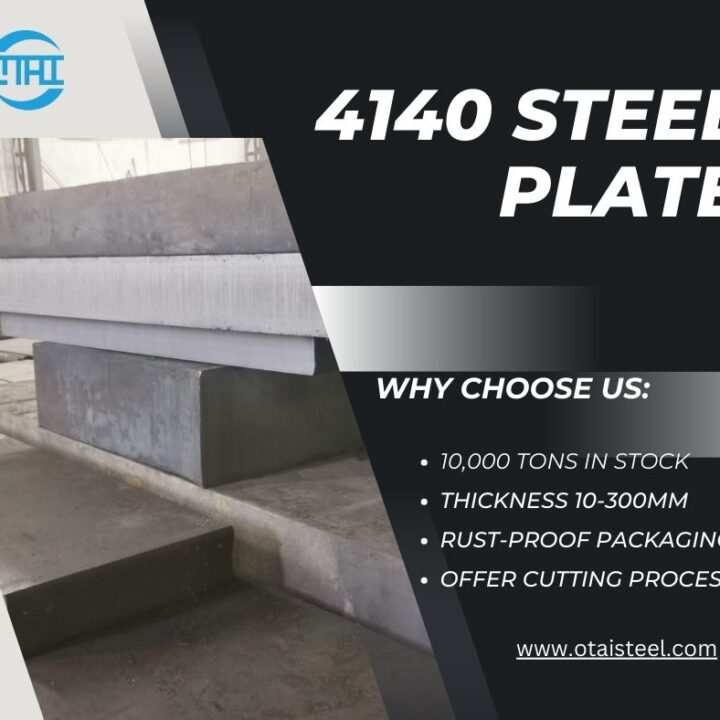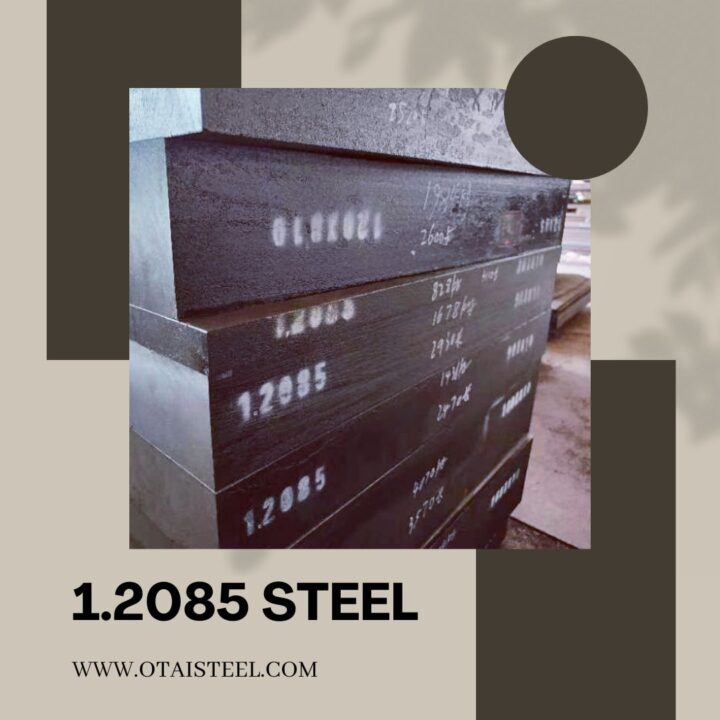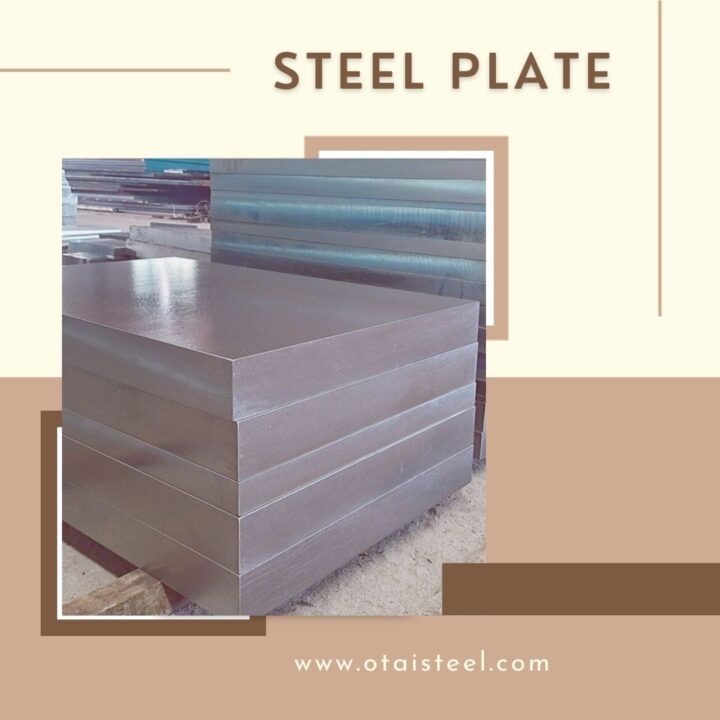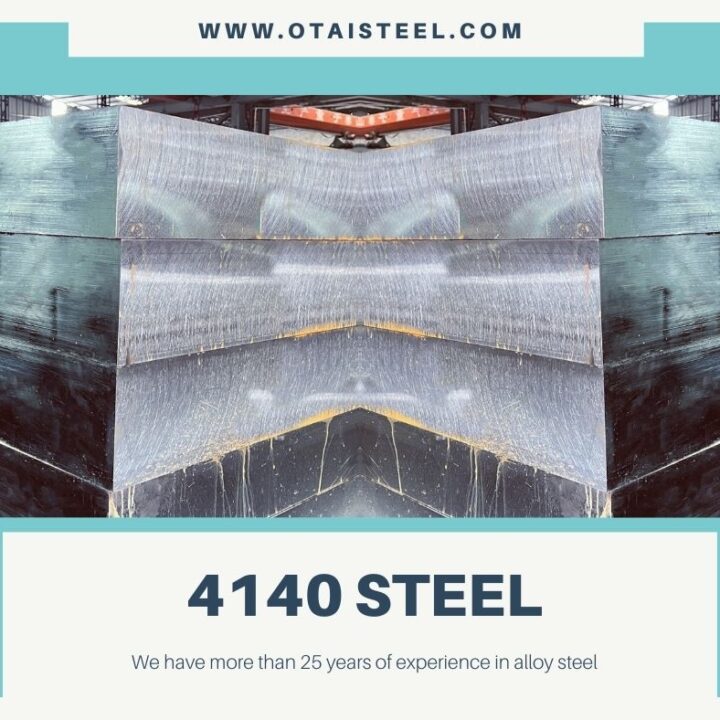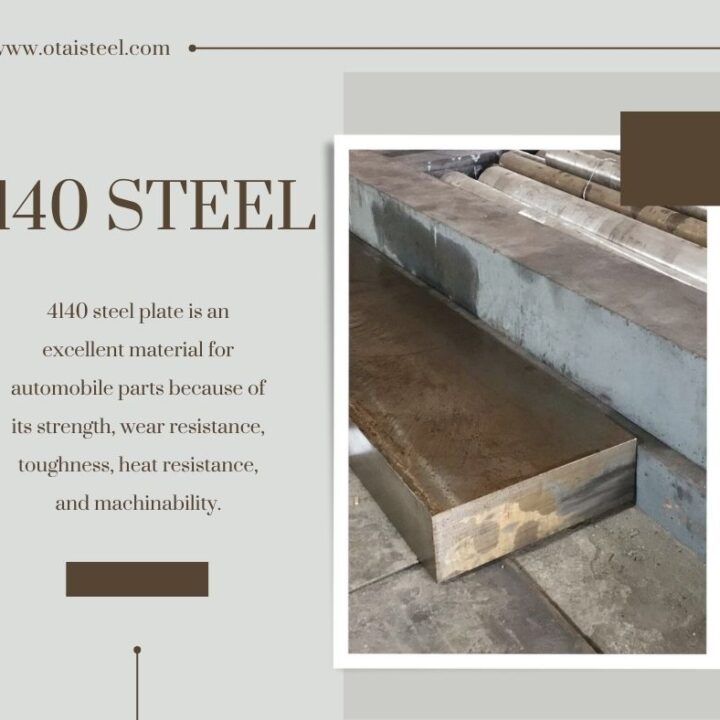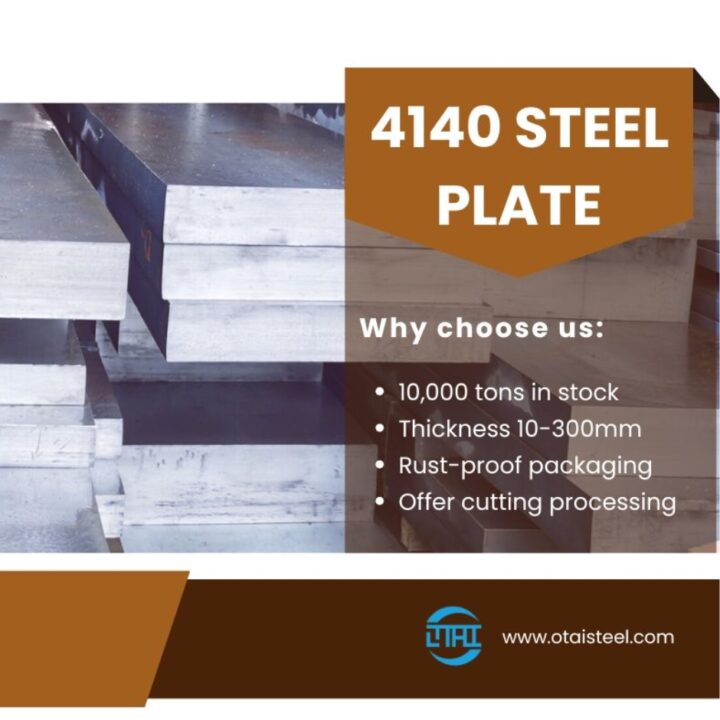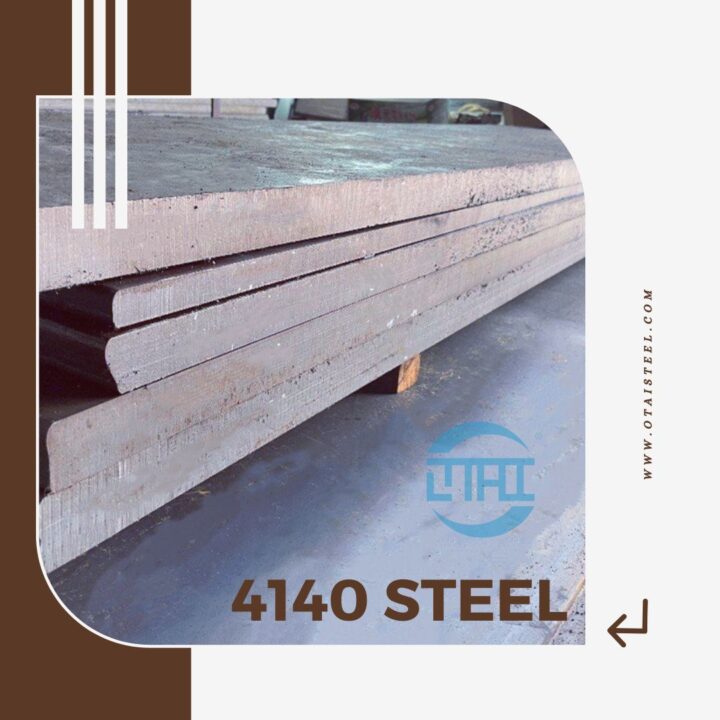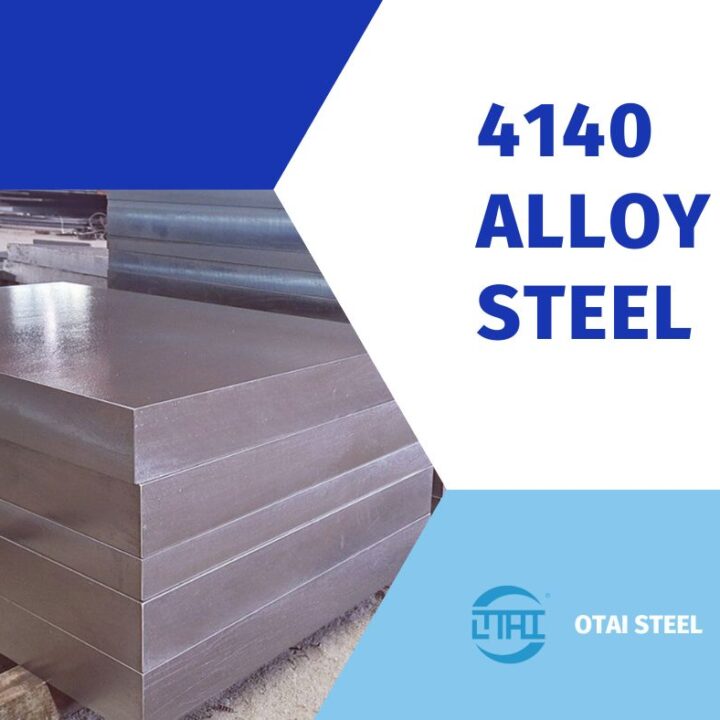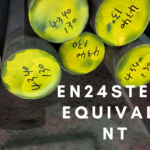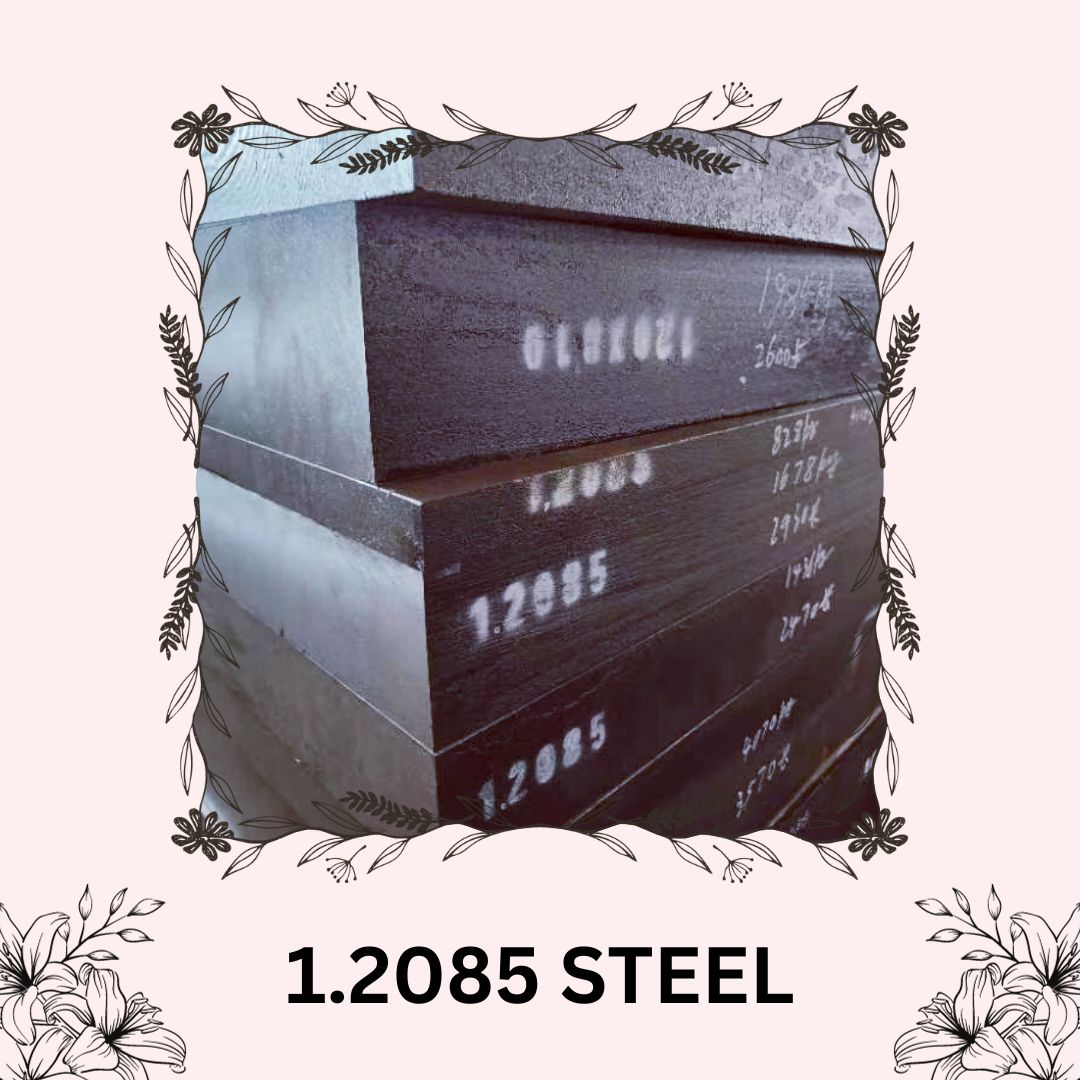 Steel material 1.2085, also known as 2085 steel, is a high-quality tool steel commonly used in various industrial applications. In this comprehensive guide, we will delve into the characteristics, properties, applications, and advantages of 1.2085 steel.
Steel material 1.2085, also known as 2085 steel, is a high-quality tool steel commonly used in various industrial applications. In this comprehensive guide, we will delve into the characteristics, properties, applications, and advantages of 1.2085 steel.
Composition and Chemical Properties
1.2085 steel is a high-carbon and chromium alloy steel. Its chemical composition typically includes:
- Carbon (C): Around 0.55-0.65%
- Chromium (Cr): Approximately 12.50-13.50%
- Manganese (Mn): Typically less than 0.50%
- Silicon (Si): Generally less than 0.50%
Mechanical Properties
1.2085 steel is renowned for its excellent mechanical properties, making it a favored choice in the tooling industry. Some of its key mechanical characteristics include:
- Hardness: 1.2085 steel is known for its high hardness, typically reaching HRC 55-59 after proper heat treatment.
- Toughness: While it is a very hard steel, it also possesses good toughness, making it suitable for various tool applications.
- Wear Resistance: Thanks to its high chromium content, 1.2085 steel exhibits excellent wear resistance, prolonging the life of tools made from it.
- Corrosion Resistance: The presence of chromium also imparts corrosion resistance to this steel, protecting it from rust and other forms of degradation.
Heat Treatment
Proper heat treatment is crucial to unlocking the full potential of 1.2085 steel. This typically involves processes like quenching and tempering to achieve the desired hardness and toughness for specific applications.
Applications of 1.2085 Steel
1.2085 steel is widely used in various industrial sectors. Some of its primary applications include:
- Cutting Tools: Due to its exceptional hardness and wear resistance, 1.2085 steel is extensively used for the production of cutting tools like knives, blades, and shear blades.
- Die Casting: It is a preferred material for die casting applications where the need for high hardness and wear resistance is critical.
- Mold Making: 1.2085 steel is used to manufacture molds for plastic injection and rubber molding, as it can withstand the abrasive nature of these processes.
Advantages of Using 1.2085 Steel
There are several advantages associated with using steel material 1.2085, including:
- Longevity: Tools and components made from 1.2085 steel have a longer lifespan due to its excellent wear resistance.
- Versatility: Its combination of hardness and toughness makes it suitable for a wide range of applications.
- Corrosion Resistance: The presence of chromium ensures that the steel remains resistant to corrosion and rust, even in challenging environments.
FAQs
1. Is 1.2085 steel stainless steel? No, 1.2085 steel is not stainless steel, but it does have corrosion resistance due to its chromium content.
2. What are the common heat treatment processes for 1.2085 steel? Common heat treatment processes for 1.2085 steel include quenching and tempering to achieve the desired hardness and toughness.
3. Can 1.2085 steel be used for high-temperature applications? While it has excellent mechanical properties, 1.2085 steel is not typically used in high-temperature applications.
4. How does 1.2085 steel compare to other tool steels? 1.2085 steel is known for its high hardness and excellent wear resistance, making it a competitive choice among tool steels.
5. What industries commonly use 1.2085 steel? Industries that require cutting tools, die casting molds, and various tooling applications often use 1.2085 steel for its durability and performance.
